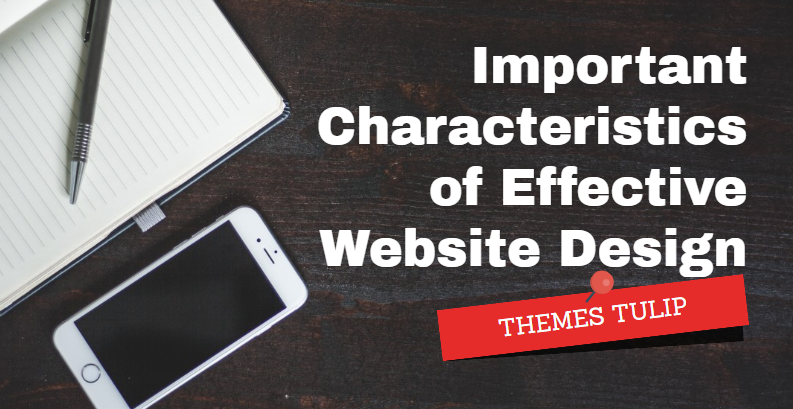Web design is the process of creating the overall look and feel of a website. It refers to the user experience of web development as compared to software development. Web Design primarily focuses on designing websites in browsers. Web designers design websites, which they work on appearance, layout, and in some cases, website content.
Whether you are selling a product or you are providing a service, your success depends entirely on how your site web page is designed. Effective web design can help build trust and guide visitors to take action. There are several elements that contribute to good website design such as consistency, colors, typography, imagery, simplicity, and functionality.
Below are some points that will help you to create an effective website design and you will see more conversions in no time.
Simplicity
The simple and clean design of your website not only makes the website attractive but also helps the user that they can navigate from one page to another without any hindrance. Keep the design of your website as simple as possible so that users can use your website easily and find their way easily. Do not distract your visitors with excessive design and lots of elements on the page, keep it simple and effective.
Consistency
Attractive website design requires a consistent structure throughout the site. You can create a slightly different page layout to keep your website more attractive. Pay your attention to each page and match the section design of your website. Therefore, your font, size, heading, sub-heading, and button style should be uniform throughout the website.
User Experience
The user experience is the most important aspect of website designing. The user should always keep in mind while designing the website and fulfill their requirement. Seamless user experience provides meaningful and relevant information to enhance and retain the user. The entire process involves acquiring and integrating the product including aspects of branding, designing, usability, and functions.
Mobile Friendly
We are entering a new era of Internet usage, where people use mobile Internet. Mobile devices are part of our routine. This is why every business website needs a responsive web design. Responsive web design means that a website easily accepts any screen resolution such as a desktop, smartphone, and tablet. If the design of your website is not responsive, you may lose more visitors.
Pictures Speak Louder Than Words
The pictures always conveyed the message more effectively than the text. People are more attracted to your product or services when you use visuals on your website. It passes information more quickly than large blocks of text. Try changing the text on your website with an image. Choose quality and high-resolution images for your website. This should correspond to the overall style of your website.
Load Time
If your website takes longer to load, you can lose valuable customers. Studies show that if any website takes more than three seconds to load, visitors leave the site. One way to improve load times is to optimize image sizes, adding code to a central CSS or JavaScript file as it reduces HTTP requests. Test your site to ensure that the site loads quickly on desktop, mobile, and tablet.
Navigation
Navigation helps visitors navigate from one page to another without any hassle. Navigation is simple, intuitive, and consistent so that visitors do not give up. For effective website navigation, you must create a logical page hierarchy, use bread scrums, and design clickable buttons. Effective website navigation can retain more visitors to your site.
Now you have all the necessary information that will help you to easily develop a user-friendly, conversion-driven, effective website design. So keep this point in mind and make your site amazing.



